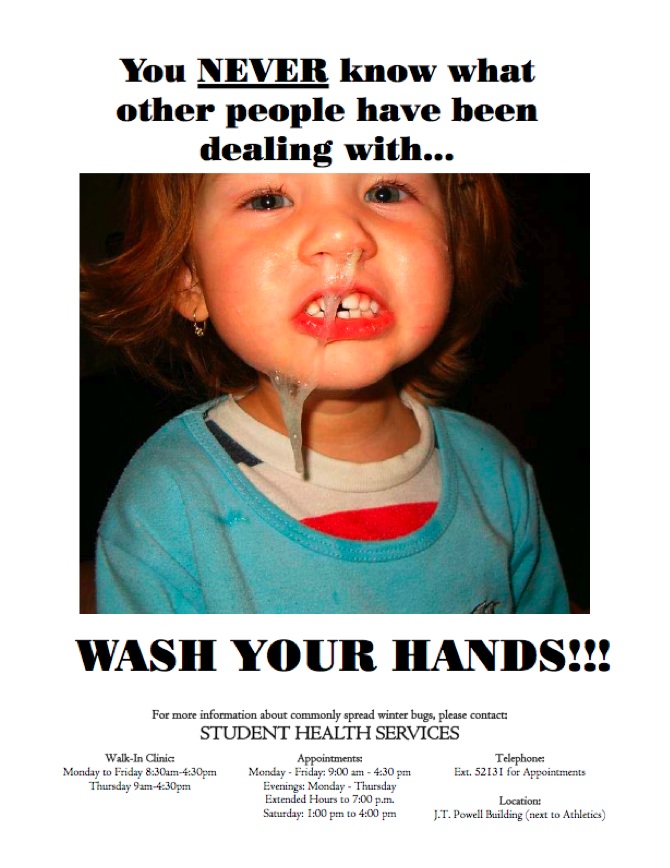In the latest ridiculously expensive survey of Canadians, 77 per cent of Canadians said they were either "very" or "somewhat" concerned with the safety of the food they eat, up from 66 per cent in 2007,
The Ipsos Reid poll conducted for Postmedia News found 87 per cent agree that they trust food that comes from Canada more than food that comes from abroad, with 85  per cent of respondents saying they make an effort to buy locally-grown and produced food.
per cent of respondents saying they make an effort to buy locally-grown and produced food.
So, Canadians trust Maple Leaf and their listeria-laden cold cuts more than stuff from other places?
Debbie Field, executive director of the Toronto-based food advocacy group FoodShare, said,
"Even though it seems silly and a bit utopian to imagine small producers being safer, what people like me believe is that it’s true. You’ll always have some problem, you’ll always have contamination, you’ll always have some airborne illness. But if it’s kept local, its impact is much smaller.”
The only way to verify such claims is to assess

 According to a national survey conducted for NPR by Thomson Reuters and released today, 61 per cent are concerned about contamination of the food supply. Most of them — 51 per cent — worry most about meat.
According to a national survey conducted for NPR by Thomson Reuters and released today, 61 per cent are concerned about contamination of the food supply. Most of them — 51 per cent — worry most about meat. Does that matter? Does someone need to know specifically about E. coli O157 or do they need to know to wash their hands after playing with road apples or cow patties.
Does that matter? Does someone need to know specifically about E. coli O157 or do they need to know to wash their hands after playing with road apples or cow patties. Or at least try something new – the stuff that is out there just doesn’t work.
Or at least try something new – the stuff that is out there just doesn’t work. * While a bar graph showing the temperature distribution of the finished burgers demonstrated that many were at or near the recommended 160 degrees F, a few of the burgers’ temperatures were recorded to be much lower — as low as 112 degrees F. (Study coordinators observing consumer behavior made sure all burgers were cooked to 160 F before volunteers consumed them.)
* While a bar graph showing the temperature distribution of the finished burgers demonstrated that many were at or near the recommended 160 degrees F, a few of the burgers’ temperatures were recorded to be much lower — as low as 112 degrees F. (Study coordinators observing consumer behavior made sure all burgers were cooked to 160 F before volunteers consumed them.).jpg) A new national survey of more affluent consumers from strategic marketing communications firm Context Marketing, “
A new national survey of more affluent consumers from strategic marketing communications firm Context Marketing, “.jpeg)
.jpg) Jon Dommisse, Bradley Corporation’s director of marketing and product development said, “we were extremely surprised by that response especially since the medical community calls hand washing the best defense against the spread of cold and flu viruses.”
Jon Dommisse, Bradley Corporation’s director of marketing and product development said, “we were extremely surprised by that response especially since the medical community calls hand washing the best defense against the spread of cold and flu viruses.”.jpg) "The listeriosis outbreak was not only associated with the death of 20 people and the illness of many others, but it also contributed to economic loss in the food industry," said Prof. John Cranfield of the Department of Food, Agricultural and Resource Economics.
"The listeriosis outbreak was not only associated with the death of 20 people and the illness of many others, but it also contributed to economic loss in the food industry," said Prof. John Cranfield of the Department of Food, Agricultural and Resource Economics..jpg) "while more than three-quarters of Americans (82%) say they are confident in their ability to safely prepare food, many do not take steps to reduce the spread of bacteria in their kitchen. For instance, less than half (48%) report using separate cutting boards for raw meat or poultry and produce, and just 29% say they use a meat thermometer. … Most (92%) report washing their hands with soap and water when preparing food, and nearly as many (79%) say they store leftovers within two hours of serving. But just 15% report checking the wattage on their microwaves, and even fewer (7%) say they use a meat thermometer when using their microwave."
"while more than three-quarters of Americans (82%) say they are confident in their ability to safely prepare food, many do not take steps to reduce the spread of bacteria in their kitchen. For instance, less than half (48%) report using separate cutting boards for raw meat or poultry and produce, and just 29% say they use a meat thermometer. … Most (92%) report washing their hands with soap and water when preparing food, and nearly as many (79%) say they store leftovers within two hours of serving. But just 15% report checking the wattage on their microwaves, and even fewer (7%) say they use a meat thermometer when using their microwave."
.jpg) Based on surveys of 4,343 students at 21 colleges and universities across the U.S.,
Based on surveys of 4,343 students at 21 colleges and universities across the U.S.,